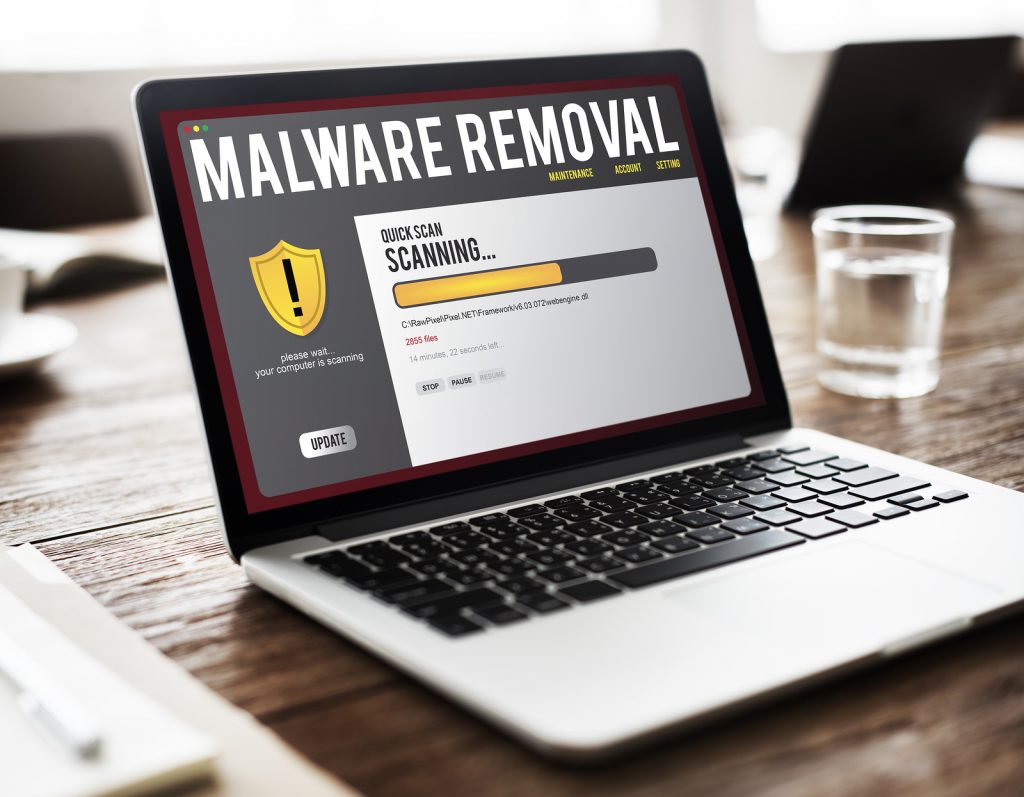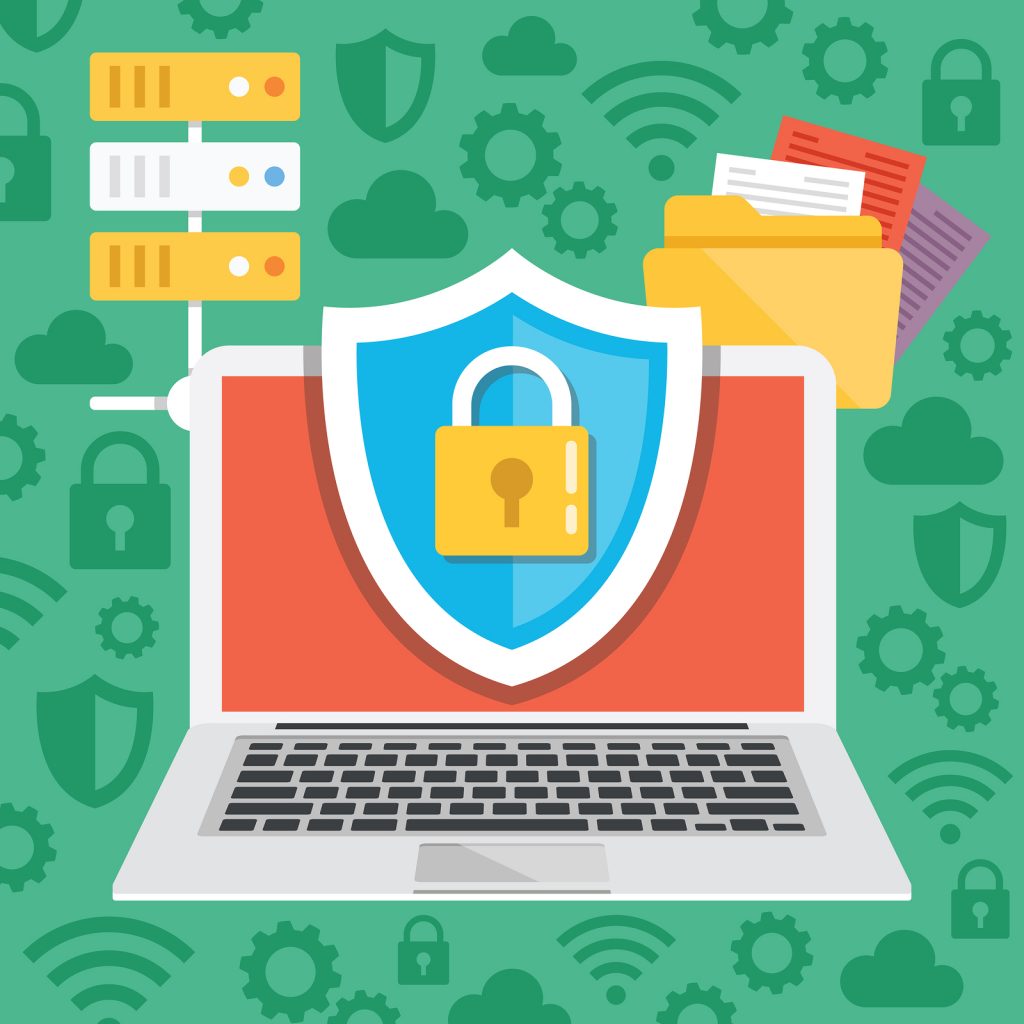The internet can be a dangerous place when it comes to viruses and malware. Malware programs, especially, are extremely common and some of the most dangerous stuff on the internet. There are so many different types and more are constantly being created. What they are capable of depends solely on the hacker’s skill and imagination.
It’s impossible to try to explain them all. Some malware types are more prevalent and there do seem to be some similar trends among programs. It can be helpful to get an idea of what the more common types of malware programs look like and what their purpose is.
Spyware
Your personal information is important to you, but hackers who create spyware also find it valuable. Typically spyware will run undetected, collecting your information to either steal your identity or to find weaknesses in your security for future attacks
The best way to discover and eliminate spyware is to manually check all your files. You also need to run regular scans with a quality malware defense program.
Adware
Often teamed up with other types of malware to increase effectiveness, adware tries to sell you things you didn’t know you wanted. It typically appears in pop-up ads from your browser, leading to some kind of scam or dubious activity.
Quick discovery and elimination will minimize the possibility of further invasion by other types of malware and prevent more serious problems.

Web Robots
This type of malware, also known as “bots,” allows a hacker to have control over an infected computer. Owners are often unaware of the bots’ invasion while it collects sensitive personal information. The purpose of these bots is for criminal activity such as credit card fraud or extortion.
Bots are the reason why you have to type in a series of letters or numbers on some sites before you can complete an action or a purchase. Entering this code is verification that you are a real person and not a bot.
The best defense is to refrain from maintaining accounts on websites that don’t offer protection against bots.
Ransomware
This seems to be one of the most damaging and often difficult to eliminate malware programs. Masquerading as a security program, ransomware will lock down your computer and require payment to solve the issue.
Similar to blackmail or extortion, this type of malware will not leave you alone, even if you make the required payment. There will constantly be another issue that needs to be addressed and of course, require more money.
The best defense is to not give in and make the required payment. Once you’ve done that, you will have to delete the malware in safe mode or do a complete reinstall of your operating system to eliminate this type of malware.
Rootkits
These programs are the very worst when it comes to trying to eliminate them. Rootkits act as if they were files hidden within your operating system. This makes it almost impossible for scanners to detect.
Difficult for even the most experienced technician to discover, hours upon hours could be spent looking through files. It is usually preferable to just wipe the hard drive clean and start over.
Rootkits are also more difficult to install than most malware programs, and many hackers may not feel your information is worth the hard work.

Mobile Malware
It wasn’t that long ago that this was so rare that it wasn’t really a serious consideration. With the major increase in the use of mobile devices, it is has become a major threat.
A smartphone’s operating system is limited and it is difficult to access the device’s deeper functions. This makes mobile malware much more complicated to remove.
Smartphone users should install security apps on their devices. They should also use the same precautions taken as when on their home computer.
Malware Defense
Even though malware is constantly changing, there are still tools and precautions to help defend against these threats.
A security suite for your computer or security app for your mobile device is critical. Many free security programs are inferior to paid programs and can fall short in providing the necessary protection. Also, you should update whenever possible. The gap between update release and average update time can leave you open to malware.
If you are traveling, you should use a VPN or Virtual Private Network. When using public networks you are extremely vulnerable. You need the encryption a VPN offers to protect your information from identity theft and remain safe from malware.
You also need to exercise caution when using the internet. If a file appears suspicious, don’t download it. Only use websites you trust. Most of the time, once you’ve given access to a malware program, your tools will be of little help. It will probably be time to enlist the help of a professional.
Bay Computing and Consulting Services offers virus and malware removal for business and residential computers. Our repair technicians have the training, tools, and industry experience to get your system back up quickly. Help is only a call away!